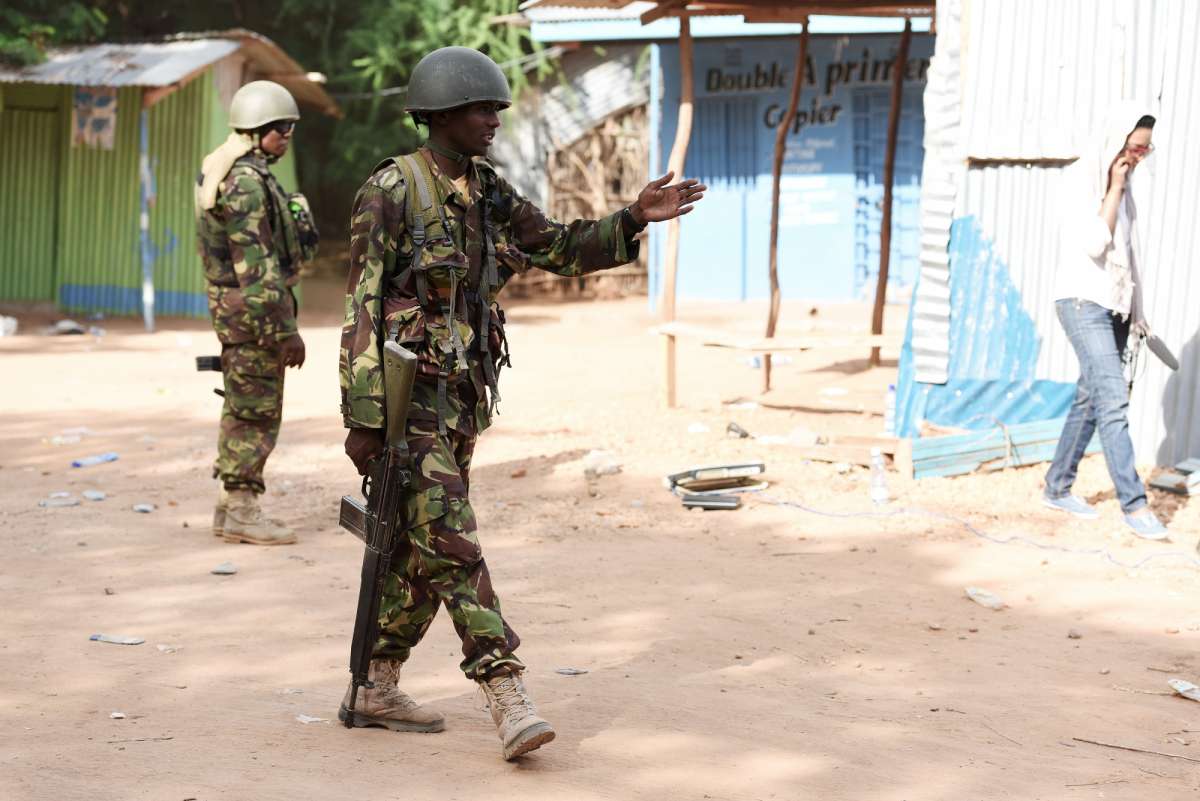During the training, ATMIS personnel will learn about how violent conflict affects mental health, families, communities and the impact of trauma and post-traumatic stress on peacekeepers and the mission, and how to manage stress while serving in the mission…reports Asian Lite News
The African Union Transition Mission in Somalia (ATMIS) said it has kicked off a five-day training to equip its personnel with skills and knowledge to respond to their mental health and psychological needs while serving with the mission.
The training on mental health and psychosocial support in peace support operations brought together the military and police officers who are exposed to violence, death, and destruction.
“As military and police personnel, exposure to trauma may not be avoidable in a stressful operational environment such as Somalia,” Mohammed El-Amine Souef, the Special Representative of the Chairperson of the African Union Commission for Somalia and head of ATMIS said in a statement issued in Mogadishu, the capital of Somalia.
Souef who opened the meeting outlined the risks and mental health challenges faced by personnel in peacekeeping missions. “We are exposed to violence, death, and destruction, which can negatively affect our mental well-being and lead to post-traumatic stress disorder (PTSD).”
During the training, ATMIS personnel will learn about how violent conflict affects mental health, families, communities and the impact of trauma and post-traumatic stress on peacekeepers and the mission, and how to manage stress while serving in the mission.
The training was organized by the United Nations in collaboration with the Kofi Annan International Peacekeeping Training Center (KAIPTC).
Emmanuel Gyadu, the Course Director at the KAIPTC noted that personnel serving in African Union peace support operations such as ATMIS are often exposed to traumatic events that affect their mental health.
“This mission is one of the toughest across the globe. The negative impact, mentally, socially and psychologically on the citizenry and the participants in this operation cannot be overemphasized. It is for this reason that the center has deemed it necessary to bring this course to the doorstep of the mission,” Gyadu said.
Souef said soldiers who have been exposed to stress and trauma on the battlefield are more likely to develop mental health challenges upon returning home, yet they lack the financial ability to get medical assistance.
He noted that whereas pre-deployment training prepares soldiers for the physical and mental rigors of serving in the mission, post-deployment psycho-social support after serving in the mission will help address the troops’ mental health needs.
Souef said there is a need for the African Union to formulate guidelines that will ensure the setting up of structures within African Union-led peace support operations like ATMIS to provide post-deployment psycho-social support and treatment services to the military and police personnel.
ALSO READ-India is reaching out to Somalia

Leave a Reply